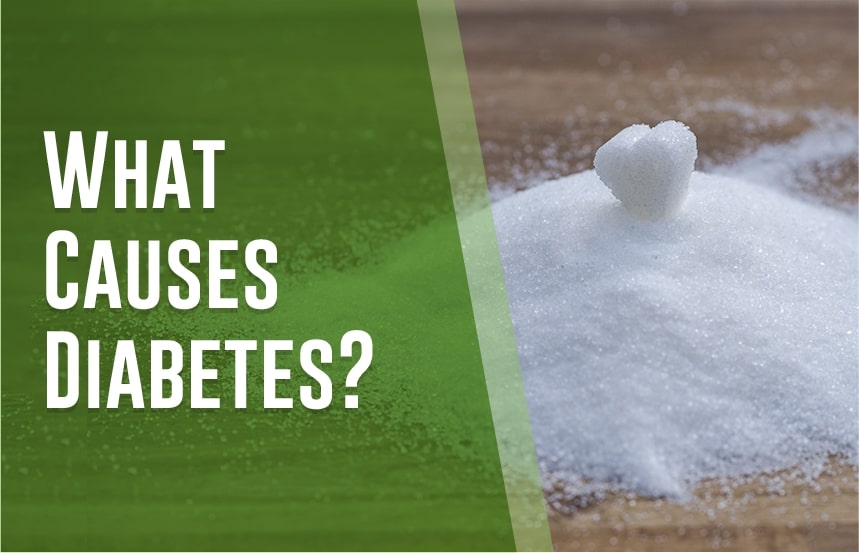
Are you wondering what causes diabetes? This medical blog will help you answer this question.
Diabetes is a severe medical condition affecting millions of people worldwide. There are two main types of diabetes: type 1 diabetes and type 2 diabetes. The autoimmune disorder causes type 1 diabetes. The body produces antibodies that attack and destroy insulin-producing cells in the pancreas.
Genetic factors, lifestyle choices, and environmental influences cause type 2 diabetes. In both cases, diabetes can cause severe health consequences if untreated or managed improperly.
The exact cause of diabetes remains unknown; however, several factors may increase an individual’s risk. Genetics plays a role in diabetes risk; a family history of diabetes increases an individual’s chance of developing the disease.
Here are some risk factors for diabetes
- Obesity
- Physical inactivity
- Age (the risk increases with age)
- Certain ethnicities (African Americans, Native Americans, Hispanics/Latinos, and Asian Americans all have higher rates of diabetes than other population groups)
- High blood pressure
- Cholesterol levels—all of which can contribute to insulin resistance.
Age also plays a role in developing diabetes. Over time, cells within the body become less responsive to insulin—a hormone released from the pancreas that enables glucose from food to be taken into cells for energy production.
It leads to higher than normal levels of glucose remaining in the bloodstream—a key characteristic of diabetes—leading to further complications such as heart disease or stroke. Additionally, lifestyle choices can increase an individual’s risk of developing diabetes, including poor diet (high in sugar and refined carbohydrates) and physical inactivity.
Environmental influences may also be linked to diabetes incidence:
Exposure to certain toxins like polycyclic aromatic hydrocarbons (PAHs) or persistent organic pollutants (POPs) has been associated with an increased risk for diabetes development as a progression from pre-diabetes toward full-blown type 2 diabetes.
Additionally, some studies suggest certain viruses may trigger autoimmunity leading to type 1 diabetes onset in predisposed individuals. However, this kind of causation remains largely unconfirmed.
The bottom line.
It is important to remember that while there is no single cause for developing either type 1 or type 2 diabetes, many factors may increase one’s chances. It includes genetics, age, and lifestyle choices such as diet and physical activity level are some causes of diabetes.
Understanding potential causes may help guide efforts toward preventative measures against developing this potentially life-threatening condition. Awareness of these causes can also help build motivation to stay active and maintain good nutrition. Thus reducing one’s chances of developing either form of this chronic illness.


